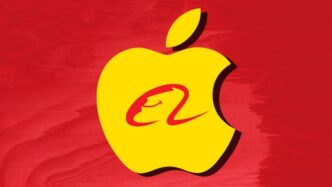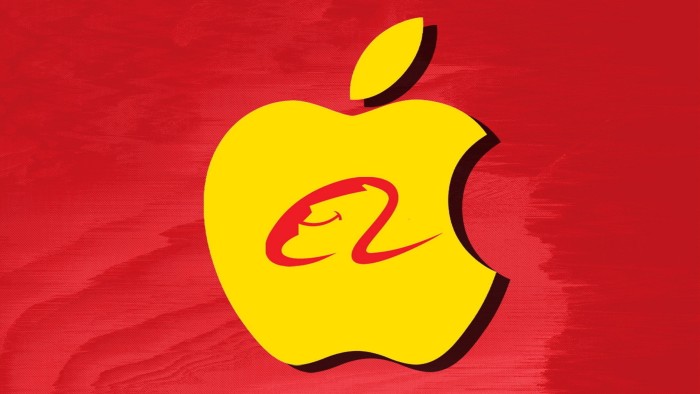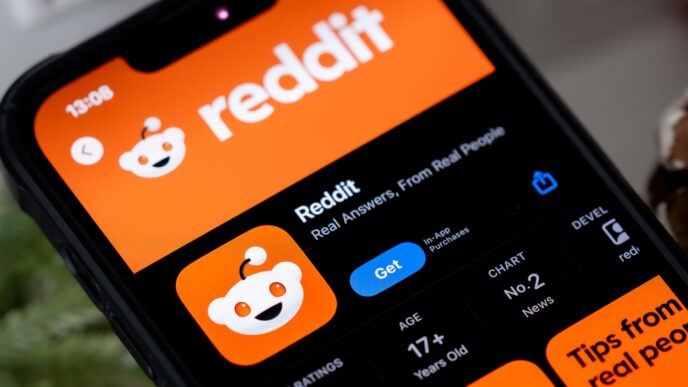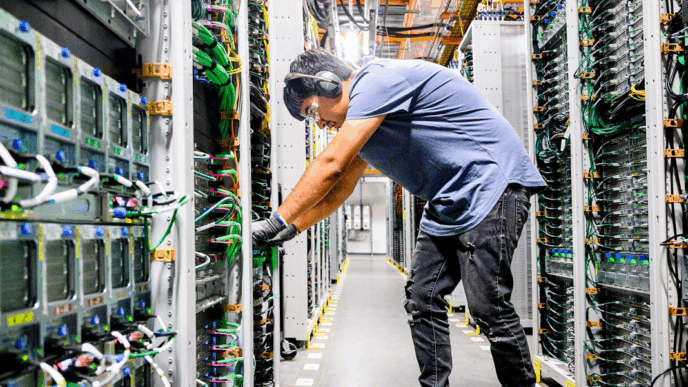Apple’s AI rollout in China is stalled by regulatory hurdles. The iPhone-maker’s partnership with Alibaba is caught in the crossfire of U.S.-China trade tensions.
The two tech giants teamed up to launch Apple Intelligence, a suite of AI services for Chinese users. However, their applications for approval are stuck at the Cyberspace Administration of China (CAC). Sources say this delay stems from mounting geopolitical uncertainties.
Tensions have escalated since Donald Trump’s trade war. Apple is under pressure from the White House to move production back to the U.S. Trump previously threatened tariffs of up to 25% on Apple and Samsung unless they reshored manufacturing.
Apple’s market share in China is slipping. It started 2023 with 70% of the high-end smartphone market but has dropped to 47%. Huawei surged to a 35% share.
The CAC’s approval process is stringent, requiring testing of AI models. Beijing has been scrutinizing U.S. tech partnerships, including those like Apple and Alibaba. The process involves higher-level reviews, which are now taking longer due to ongoing trade negotiations.
Joe Tsai, Alibaba’s chair, mentioned the partnership’s potential earlier this year, aiming to integrate AI capabilities into iPhones sold in China. But even with collaboration, regulatory scrutiny persists.
Apple and Alibaba have not commented on the situation, nor has the CAC or the State Council. The slow progress puts both companies at a disadvantage against growing competition from local rivals like Huawei, Xiaomi, Oppo, and Vivo.
Apple has faced a tumultuous year, afflicted by a lack of AI feature rollouts and regulatory challenges jeopardizing its services business. The stakes are high as significant delays threaten its growth in one of the world’s largest markets.
“One person with knowledge of the Apple-Alibaba partnership said it now took longer for Beijing to review any US-related deals or partnerships, especially in critical areas such as AI.”
“Final approval needs to be cleared by the higher body of the State Council, which is also engaged in US-China trade negotiations.”
Apple’s fate in China remains uncertain as it navigates a fraught regulatory landscape.














